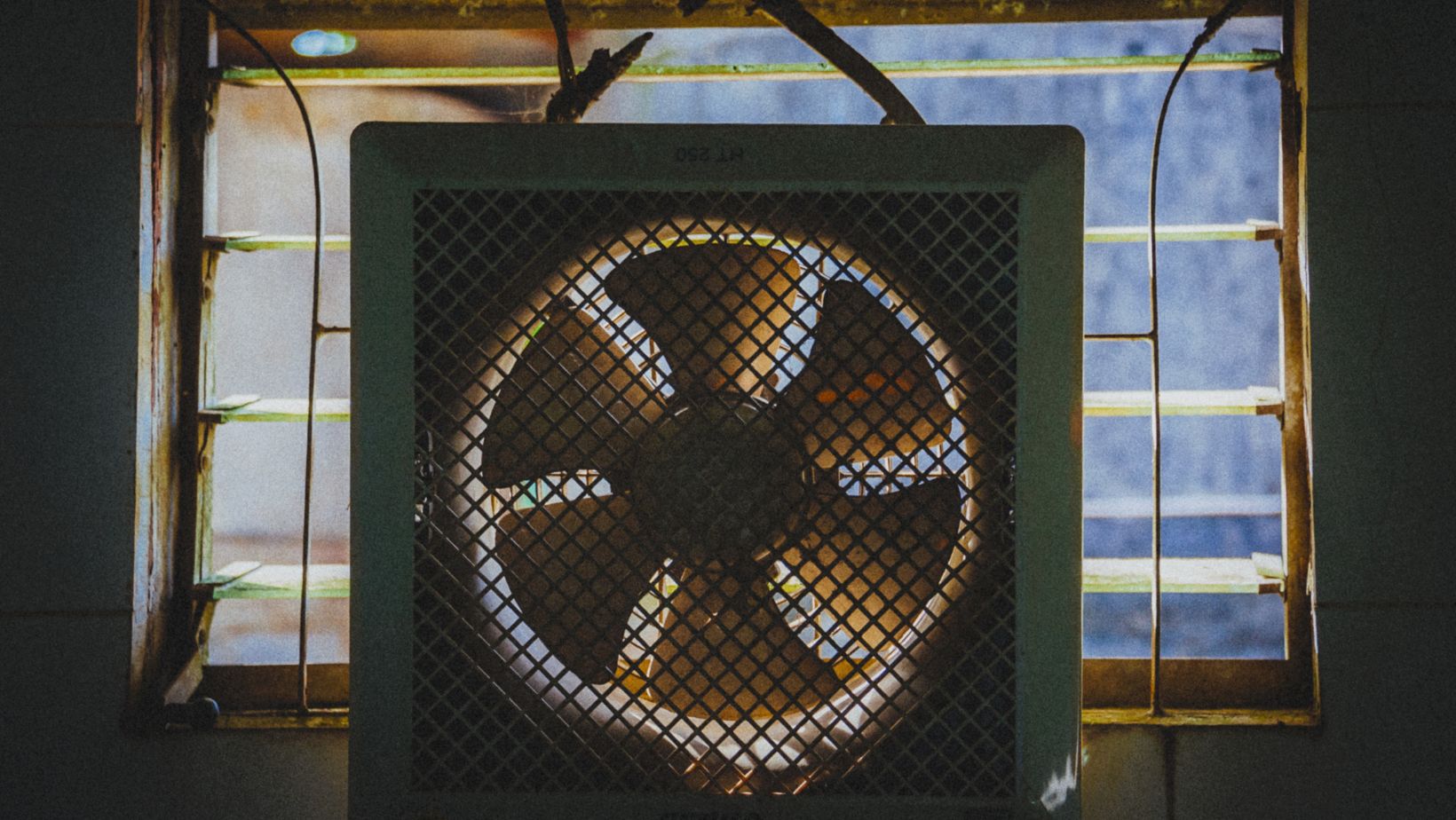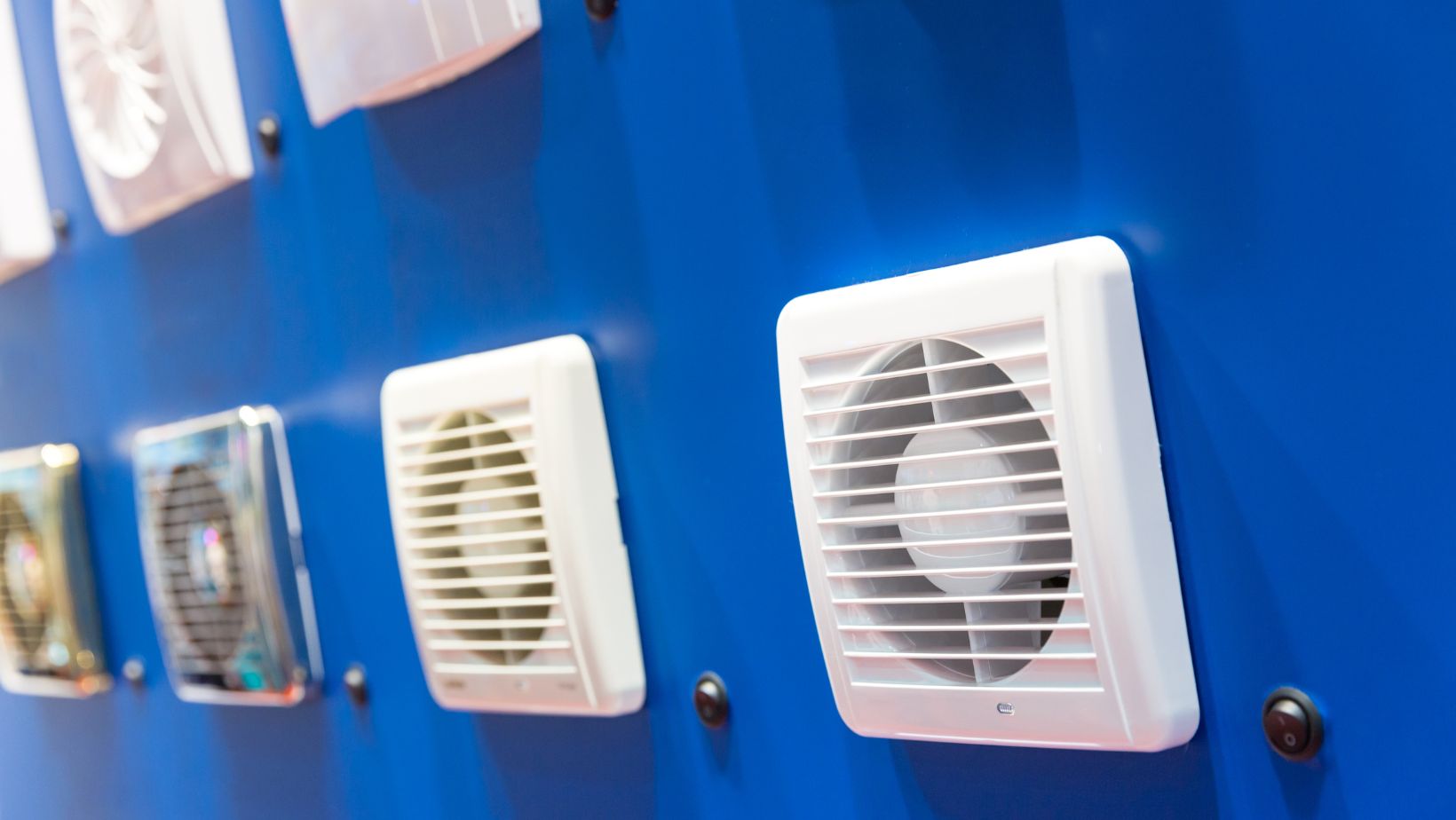Looking for a solution to improve ventilation in your garage? A wall exhaust fan might be just what you need. Whether you use your garage as a workshop, storage space, or even a home gym, proper ventilation is essential to maintain a comfortable and safe environment. In this article, I’ll explore the benefits of installing a wall exhaust fan in your garage and how it can help improve air quality and reduce humidity levels.
Table of Contents
ToggleWall Exhaust Fan for Garage
When it comes to maintaining a clean and healthy garage environment, installing a wall exhaust fan is a smart choice. Not only does it improve ventilation and air quality, but it also helps to prevent the buildup of harmful fumes or gases. In this section, we will explore the various benefits of having a wall exhaust fan in your garage.
Health Benefits
Having proper ventilation in your garage is essential for your health and well-being. A wall exhaust fan helps to circulate the air, preventing stagnant air from accumulating. This is particularly important if you spend a lot of time in your garage, whether it’s for working on projects or simply using it as a storage space. By ensuring proper air circulation, a wall exhaust fan can help reduce the risk of respiratory problems and other health issues that may arise from inhaling pollutants or chemicals that may be present in the air.
Odor Removal
One of the most common problems in garages is the presence of unpleasant odors. Whether it’s the smell of gasoline, paint, or other chemicals, these odors can linger and make spending time in the garage uncomfortable. A wall exhaust fan can help eliminate these odors by constantly drawing out the stale air and replacing it with fresh outdoor air. This not only improves the overall air quality but also creates a more pleasant working environment. Say goodbye to those lingering smells and enjoy a fresh and odor-free garage.
Moisture Control
Moisture is another issue that many garages face, especially in areas with high humidity or during rainy seasons. Excess moisture can lead to the growth of mold and mildew, which not only damages your belongings but also poses a health risk. A wall exhaust fan can help control the moisture levels in your garage by expelling humid air and preventing condensation. This helps to keep your garage dry and free from the harmful effects of mold and mildew.

Choosing the Right Wall Exhaust Fan
Considerations for Sizing
When selecting a wall exhaust fan for your garage, it’s important to consider the size of the space. A fan that is too small may not effectively remove the air pollutants and odors, while a fan that is too large may create excessive noise and consume unnecessary energy. To determine the appropriate size, you should consider the following factors:
- Garage Size: Measure the square footage of your garage to determine the appropriate fan size. As a general rule of thumb, a fan should be able to circulate the air in the space at least once every 5 to 10 minutes.
- Airflow Rating: Look for the fan’s airflow rating, which is measured in cubic feet per minute (CFM). This rating indicates the amount of air the fan can move in a minute. For smaller garages, a fan with a lower CFM rating may be sufficient, while larger garages may require a higher CFM rating.
Noise Levels
Nobody wants a noisy garage, especially if it’s used as a workspace or for relaxation. When choosing a wall exhaust fan, consider its noise level to ensure a quiet and comfortable environment. Look for fans that are specifically designed to operate quietly, with noise levels below a certain decibel (dB) range.
Energy Efficiency
In addition to performance and noise levels, it’s important to consider the energy efficiency of a wall exhaust fan. Energy-efficient fans not only help reduce your carbon footprint, but they also save you money on energy bills. Look for fans with an ENERGY STAR certification, as these have been tested and proven to meet strict energy efficiency standards.
- Power Consumption: Check the fan’s power consumption rating, which is measured in watts. A lower wattage indicates a more energy-efficient fan.
- Variable Speed Control: Consider a fan with variable speed control, as this allows you to adjust the fan’s speed according to your needs. Running the fan at a lower speed when full power is not required can help save energy.
By considering these factors, you can choose the right wall exhaust fan for your garage that is appropriately sized, operates quietly, and is energy-efficient. Remember, the goal is to improve ventilation and air quality in your garage while keeping noise levels and energy consumption to a minimum.





